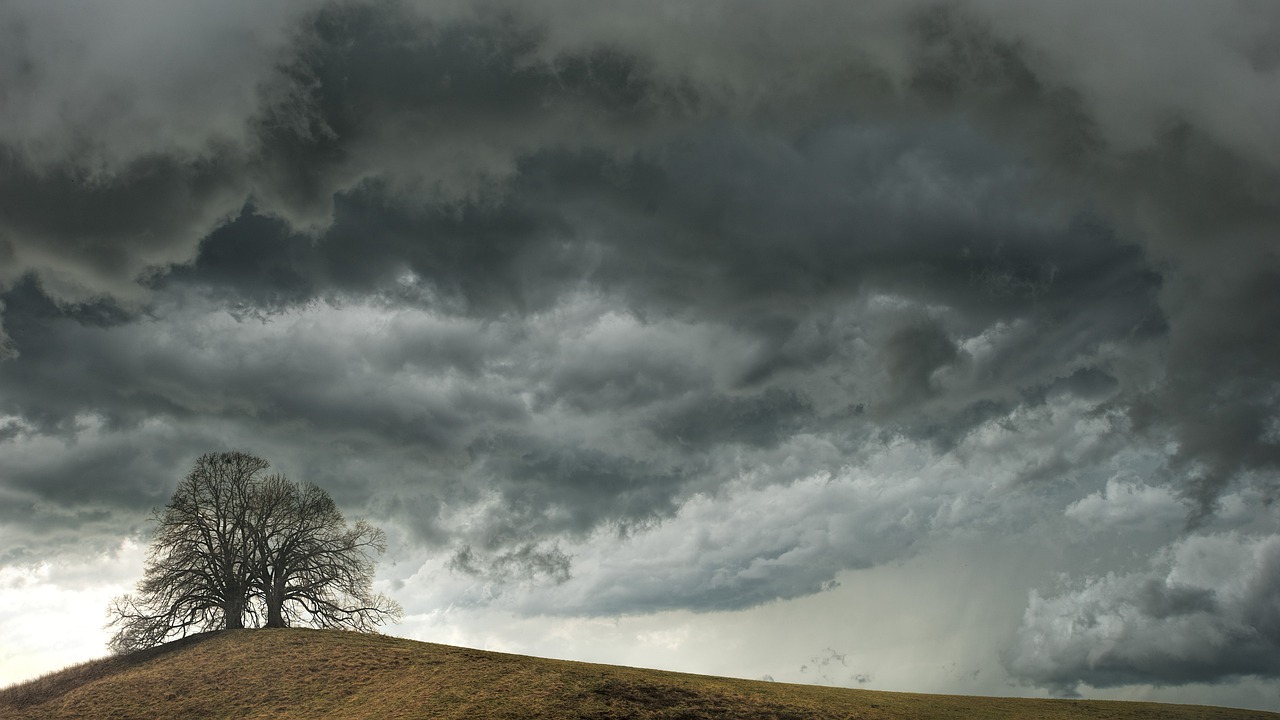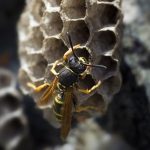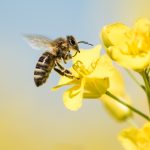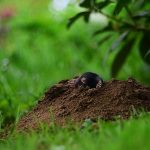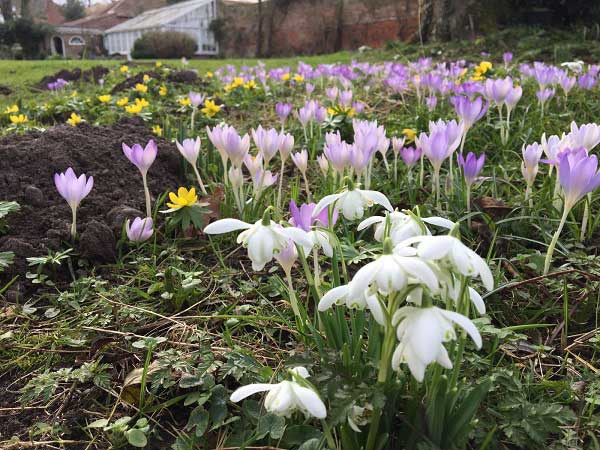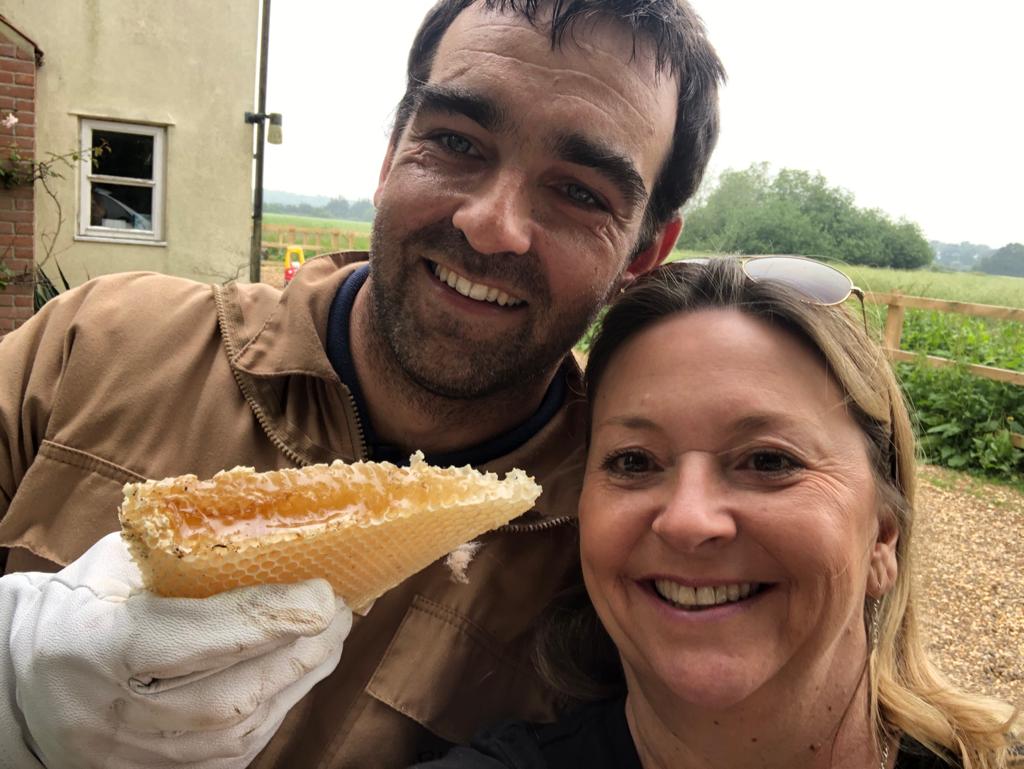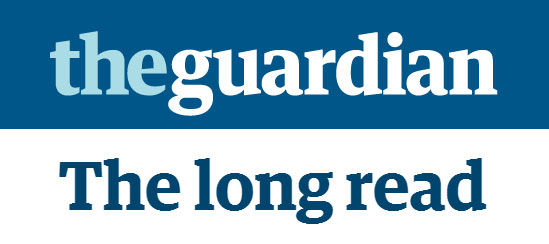How unusual weather patterns affected mammal & insect behaviour in 2021
During the first half of 2021 in the UK, we experienced several periods of unusual weather. A cold, dry spring with regular frosts plus heavy rain, thunderstorms and flash flooding in May and June have all been recorded across the country. These extreme weather patterns also had an impact on our wildlife:
Wasps
Exceptionally cold weather during the spring affected wasp numbers as many queen wasps who were coming out of hibernation were killed off due to the affect of frost and cold weather. Queen wasps can often come out of hibernation too early if there is a warm winter, which leads to their demise. You will have noticed that you have seen very few wasps about until the end of July early August this year. Last year due to the exceptionally warm spring, we were treating wasp nests really early, at the end of April, which was a record.
Honey bees
The cold spring months resulted in honey bees swarming much later than usual, as they look for a new home for their colony during the summer months. Because they have had less time to forage for nectar and build up their honey stores, a colony could be endangered by the time winter arrives. Queen honey bees can survive for 3 or 4 years but their survival relies on worker bees regularly providing them with food.
Moles
A very wet June combined with flash flooding has resulted in an abundance of worms and lots of mole activity. Moles tend to breed in the spring so at this time of year, young moles are becoming active and leaving their nest area. Combined with plentiful food sources, this has led to lots of mole and molehill activity throughout the summer. Because moles are opportunistic breeders they will probably breed again now, resulting in another wave of activity in October.
If you need advice on wildlife management for your business premises, household, garden, sports pitch, farm or school please give Louise a call on 01603 25 99 45 or 07876 14 11 53
